-
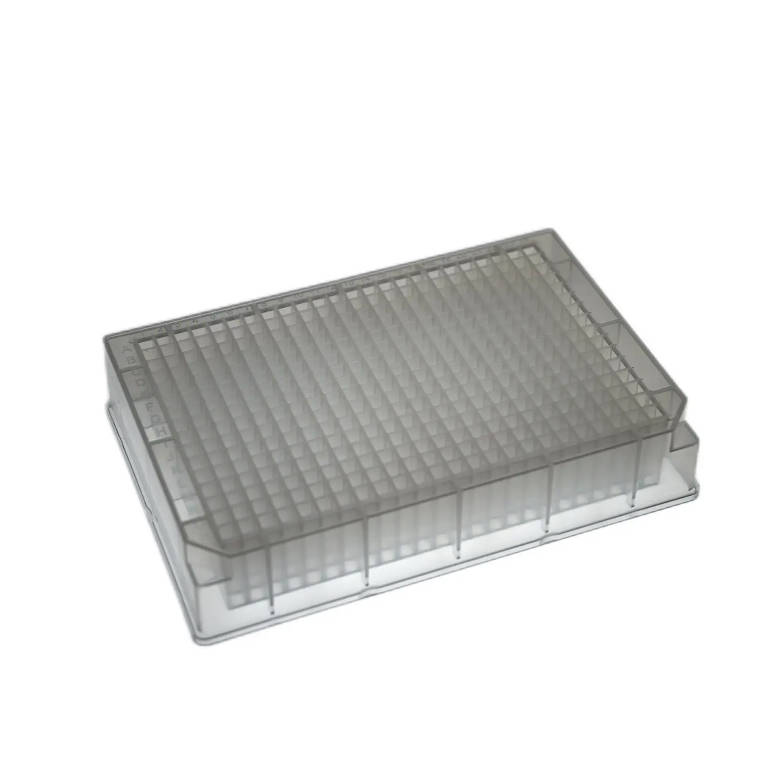
New products:120ul and 240ul 384 well palte
Suzhou Ace Biomedical Technology Co., Ltd., one of the leading manufacturers of laboratory supplies, has launched two new products, 120ul and 240ul 384-well plates. These well plates are designed to meet the increasing demands of modern research and diagnostic applications. Ideal for a variety o...Read more -
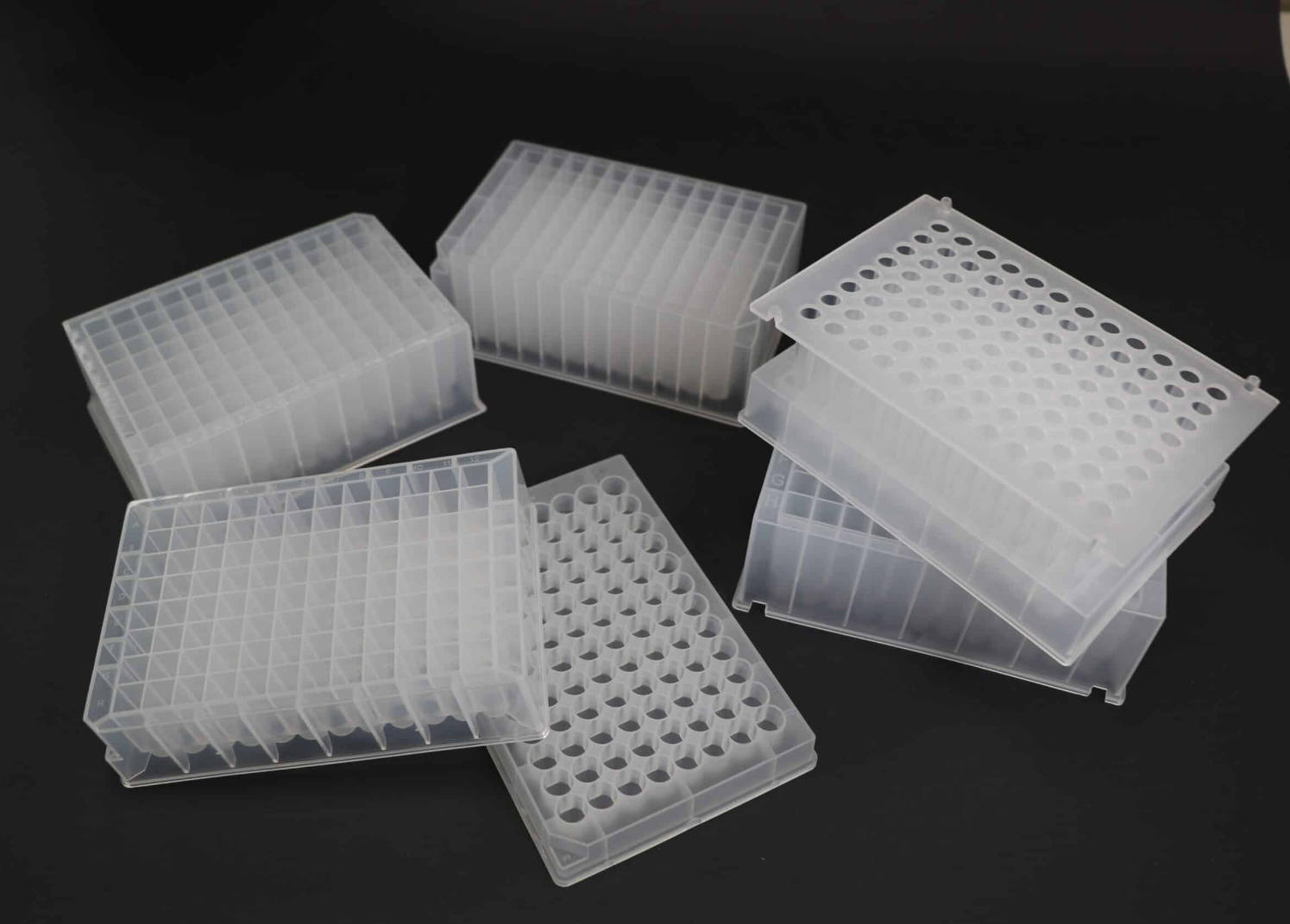
Why choose our deep well plates?
Deep well plates are commonly used in a variety of laboratory applications such as sample storage, compound screening, and cell culture. However, not all deep well plates are created equal. Here’s why you should choose our deep well plates (Suzhou Ace Biomedical Technology Co.,Ltd): 1. Hig...Read more -
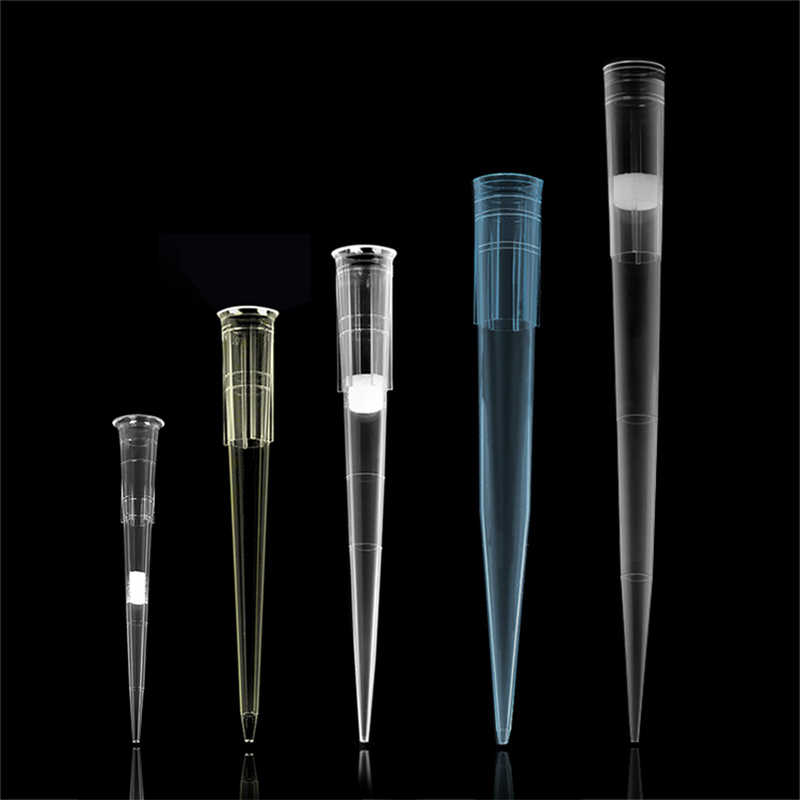
FAQ: Suzhou Ace Biomedical Universal Pipette Tips
1. What are Universal Pipette Tips? Universal Pipette Tips are disposable plastic accessories for pipettes that transfer liquids with high precision and accuracy. They are called “universal” because they can be used with different makes and types of pipettes, making them a versatile a...Read more -

Why choose our thermometer probe cover?
As the world is going through a pandemic, hygiene has become a top priority for everyone’s health and safety. One of the most important things is to keep household items clean and germ-free. In today’s world, digital thermometers have become indispensable and with it comes the use of ...Read more -

what is Suzhou ACE Ear Tympanic Thermoscan Thermometer Probe Cover’s application?
Ear Tympanic Thermoscan Thermoscan Probe Covers are an important accessory that every healthcare professional and every home should consider investing in. This product is designed to fit on the tip of Braun Thermoscan ear thermometers to provide a safe and hygienic temperature measurement experie...Read more -
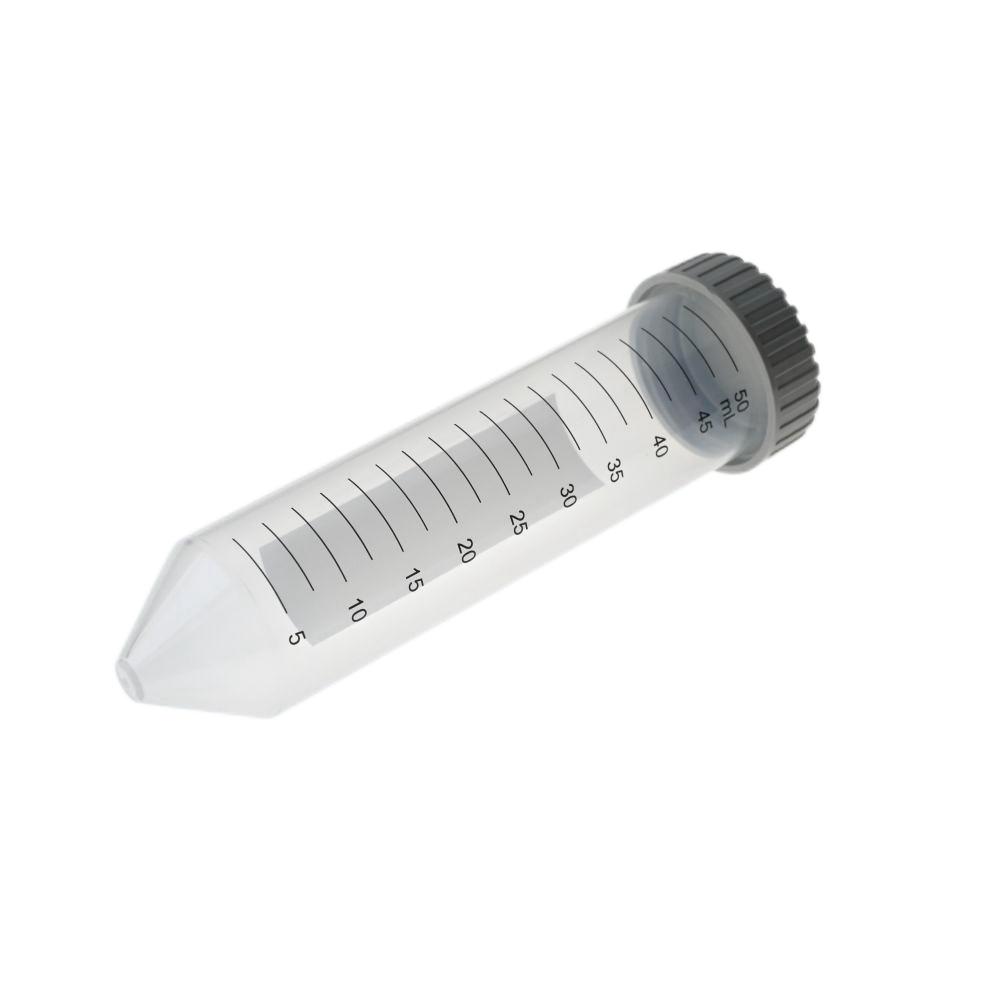
How to choose centrifuge tube for your lab?
Centrifuge tubes are an essential tool for any laboratory handling biological or chemical samples. These tubes are used to separate the different components of the sample by applying centrifugal force. But with so many types of centrifuge tubes on the market, how do you choose the right one for y...Read more -
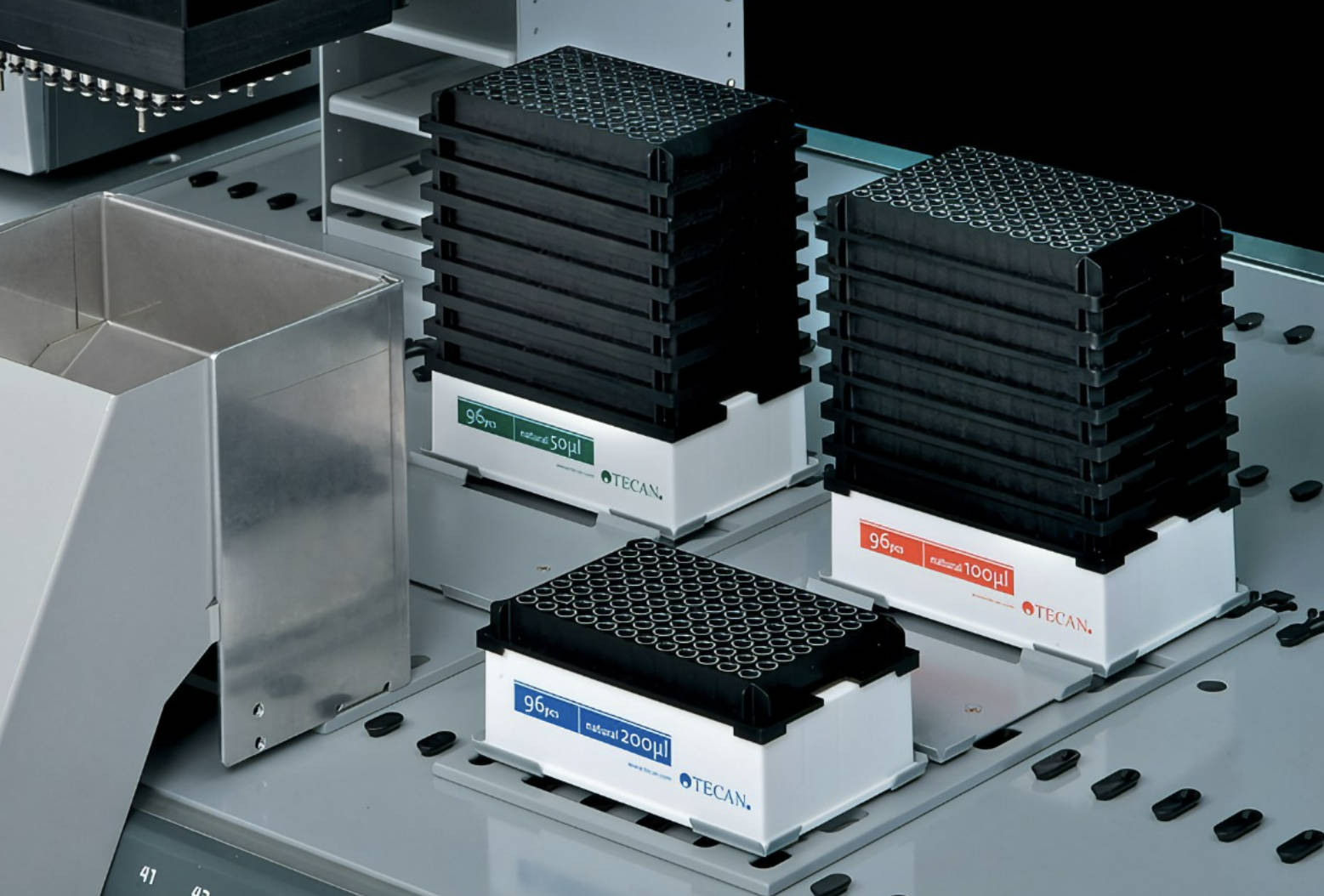
The difference between universal pipette tips and automated liquid handling tips
In recent lab news, researchers are looking at the difference between universal pipette tips and automated liquid handling tips. While universal tips are commonly used for a variety of different fluids and experiments, they do not always provide the most accurate or precise results. On the other ...Read more -
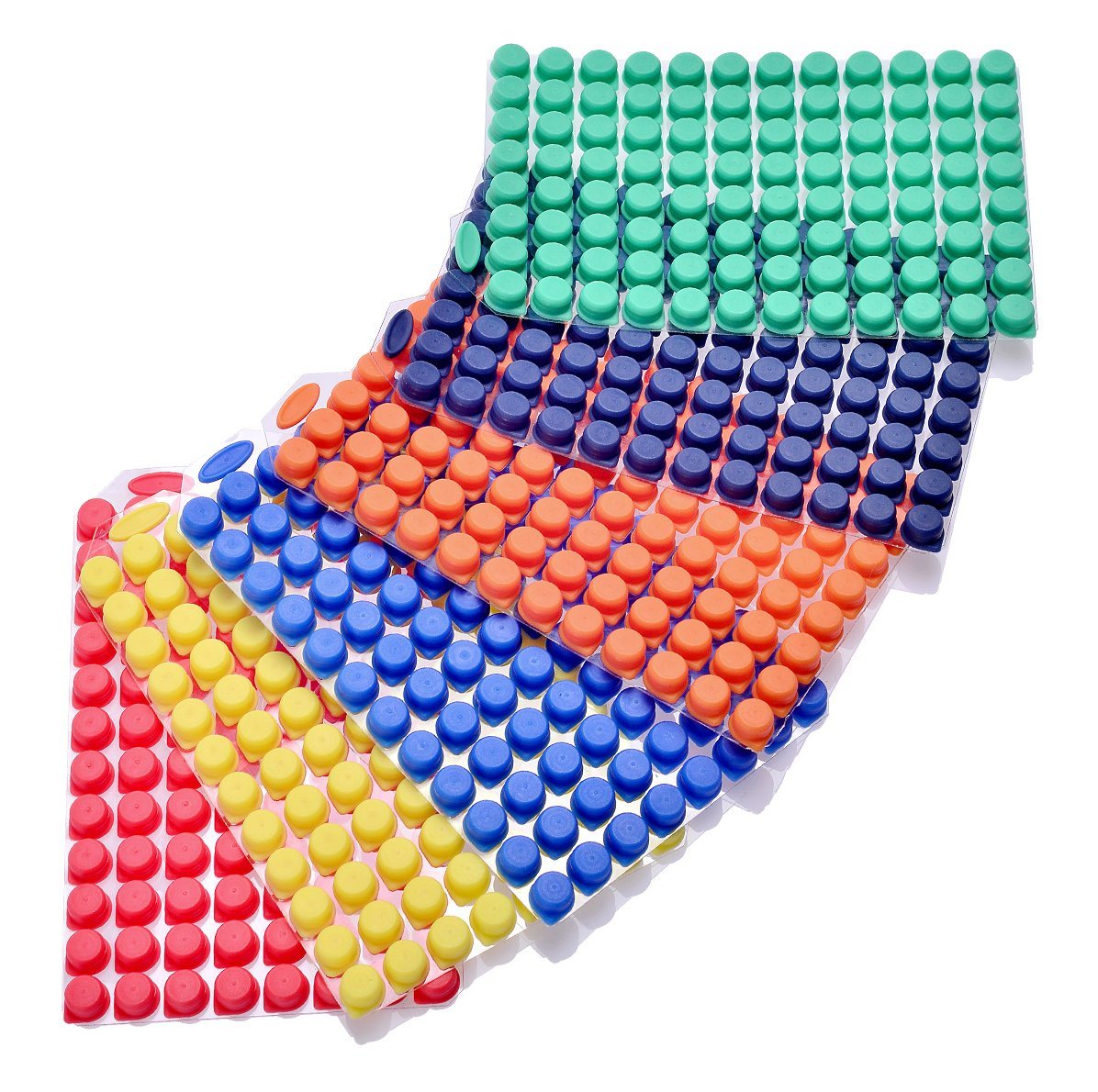
do you know how does silicone mat use in lab ?
Silicone sealing mats for microplates are commonly used in laboratories to create a tight seal on the tops of microplates, which are small plastic plates that hold a series of wells. These sealing mats are typically made from a durable, flexible silicone material and are designed to fit snugly ov...Read more -
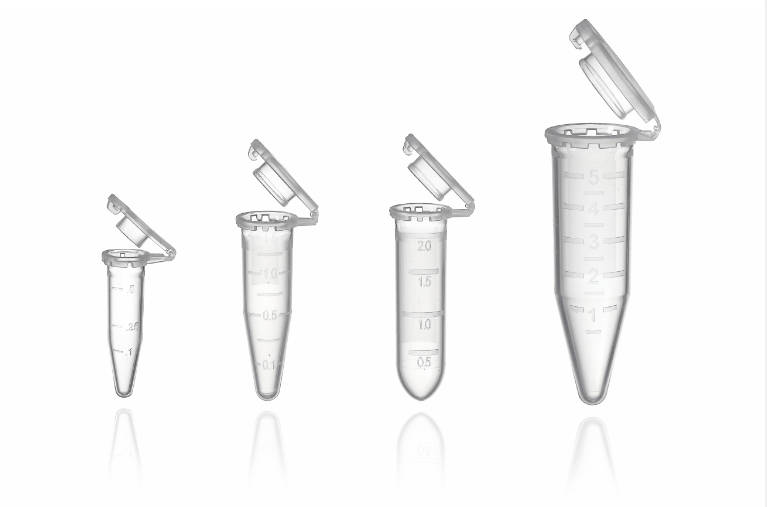
Do you know what is the centrifuge tube’s application?
Centrifuge tubes are commonly used in scientific and medical laboratories for a variety of applications. Here are a few examples: Separation of samples: Centrifuge tubes are used to separate different components of a sample by spinning the tube at high speeds. This is commonly used in applicatio...Read more -
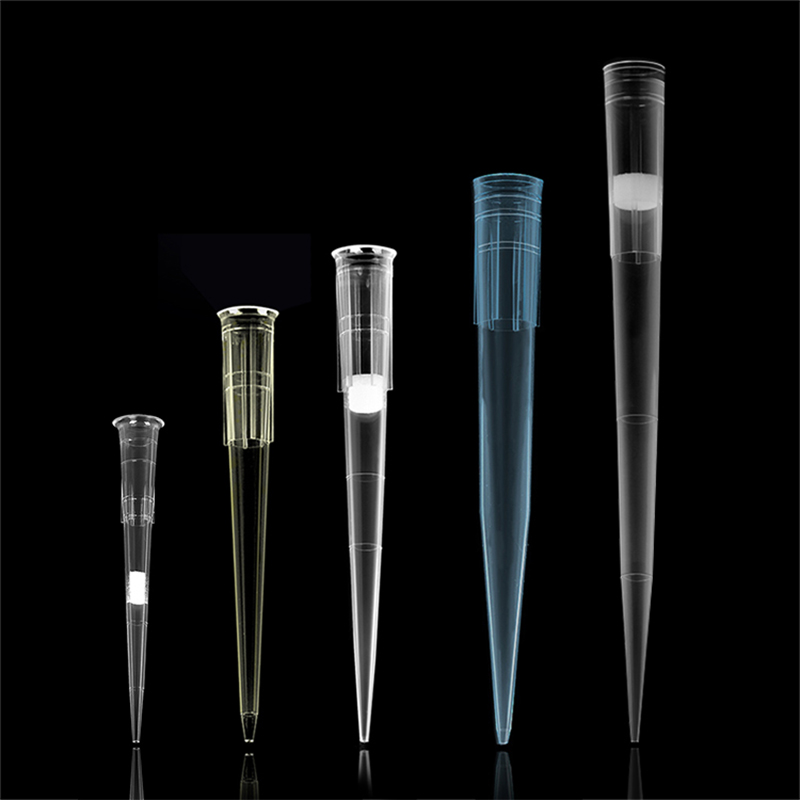
why pipette tips with filters are preferred by researchers
Pipette tips with filters have become increasingly popular among researchers and scientists for several reasons: ♦Preventing contamination: Filters in pipette tips prevent the aerosols, droplets, and contaminants from entering the pipette, thus minimizing the risk of contamination in the sample b...Read more

